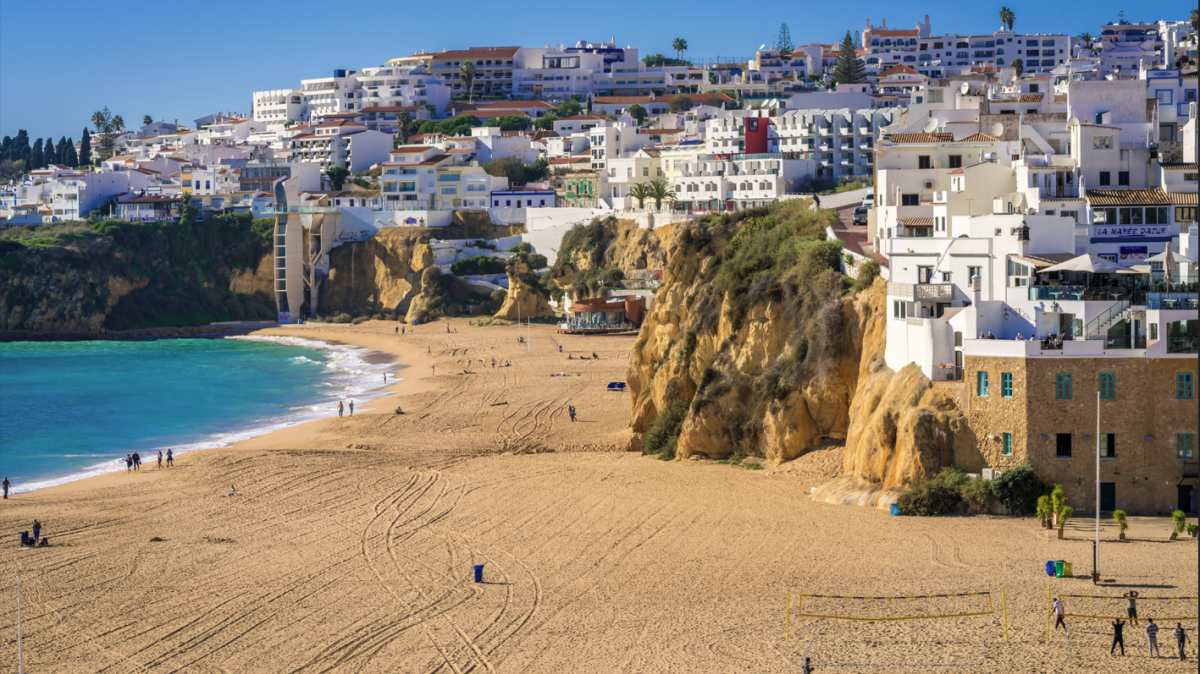Speaking to Lusa, when asked about the impact of the conflict in Ukraine on the recovery of the Portuguese economy, Jason Graffam, vice president of Global Sovereign Ratings at DBRS Morningstar, points out “the direct and indirect links that Portugal has with Russia”.
“When we think about direct connections, they are relatively limited, which helps to contain the impact for Portugal. For example, Portugal exports 173 million euros in goods to Russia, which represents about 0.3% of the total of 63 billion of exports. And imported goods are equally insignificant”, said the head of DBRS.
According to the analyst, the direct impact is also small for service exports, since tourism is dominated by European and British tourists. “Thus, there are few direct links with Russia”, he emphasizes, before stressing that “it is the indirect effects of the war that will be more costly for Portugal”, namely through the cost of energy.
Jason Graffam recalls that “Portugal does not necessarily have the same dependence on gas imports from Russia as some of its Eastern European partners, so natural gas does not seem to be a big problem”.
Thus, “the vulnerability that seems to exist for Portugal is as an oil importer”, so that “energy costs and transport costs inevitably increased with the price of crude oil”. The other indirect impact, he points out, will be “if the invasion of Russia is a little longer lasting”, in which there will be “a general uncertainty of war that will weigh on growth prospects”.
“I think it's too early to assess the impact. The unknown nature and duration of the war certainly complicate any effective prediction at this time.” Even so, he stresses that some adverse results are to be expected “if Russia’s aggression persists”, identifying inflation, linked to weaker purchasing power of families, lower confidence indices and investments that could be postponed, with an impact on corporate competitiveness.















Oh really?
I would suggest soaring prices with low wage growth is going to cause absolute havoc with all economies.
The weakest,like Portugal that rely of tourism will be the hardest hit.
But carry on dreaming and misleading the people.
By James from Algarve on 06 Mar 2022, 16:51
James is absolutely right; it is time that Portugal develops other industries besides the out-dated tourism model that it still practices. Time for Portugal to join the 21st century and stop brainwashing the population.
By K from Algarve on 07 Mar 2022, 06:58
K and James I know you live in the Algarve, which like Madeira are the parts of Portugal most dependent on tourism. But if you go to Lisbon or Northern Portugal you would understand that there are many strong industries in other sectors, ranging from manufacturing in diverse areas, to pharmaceuticals and IT tech Start ups
By Luis from Other on 08 Mar 2022, 02:04